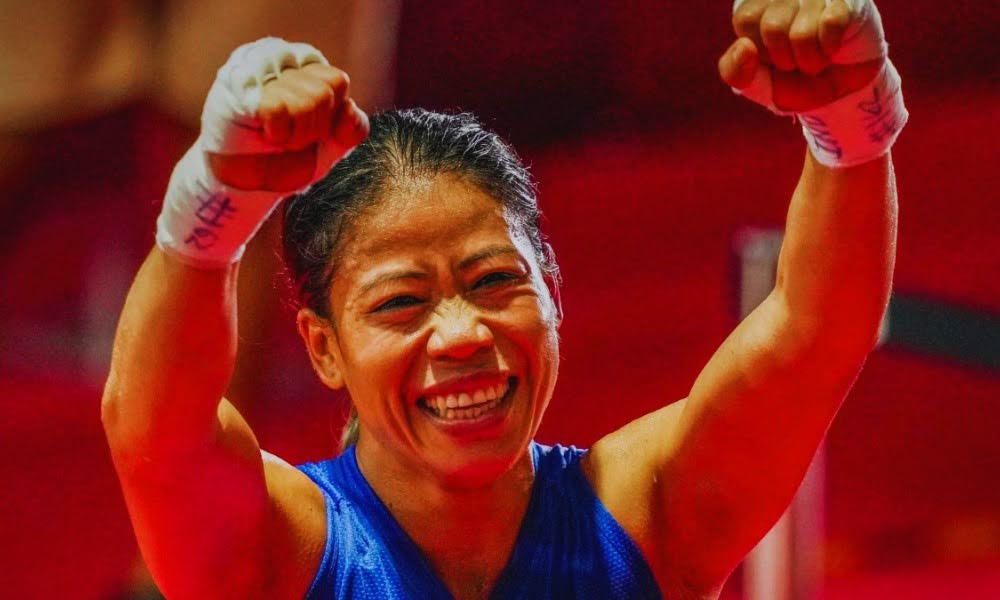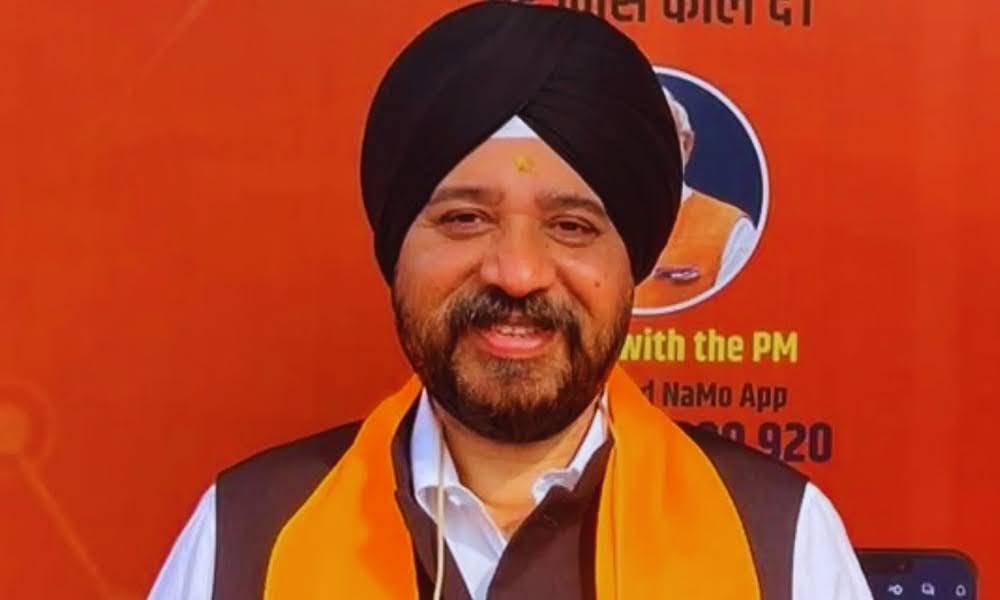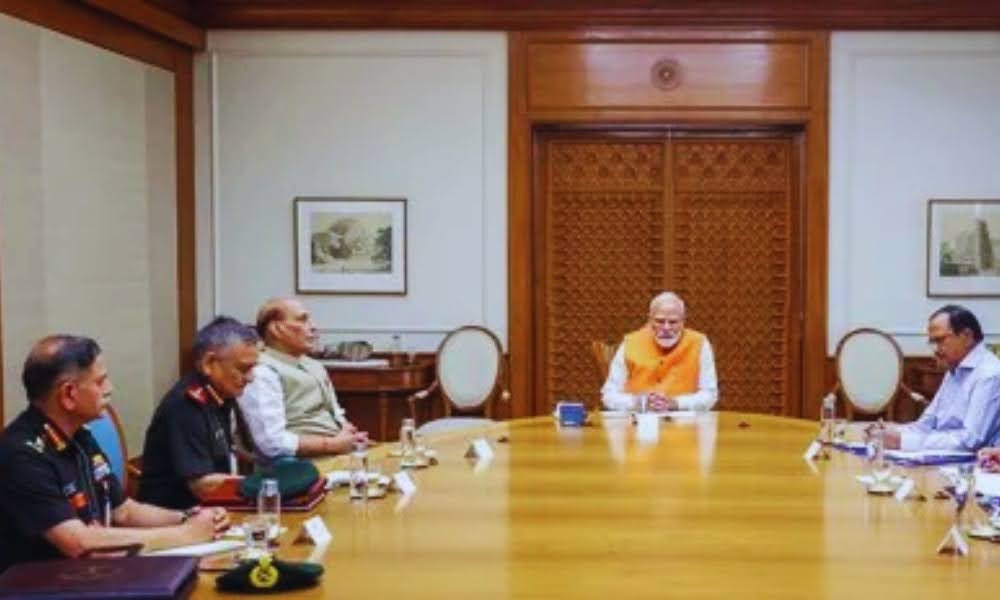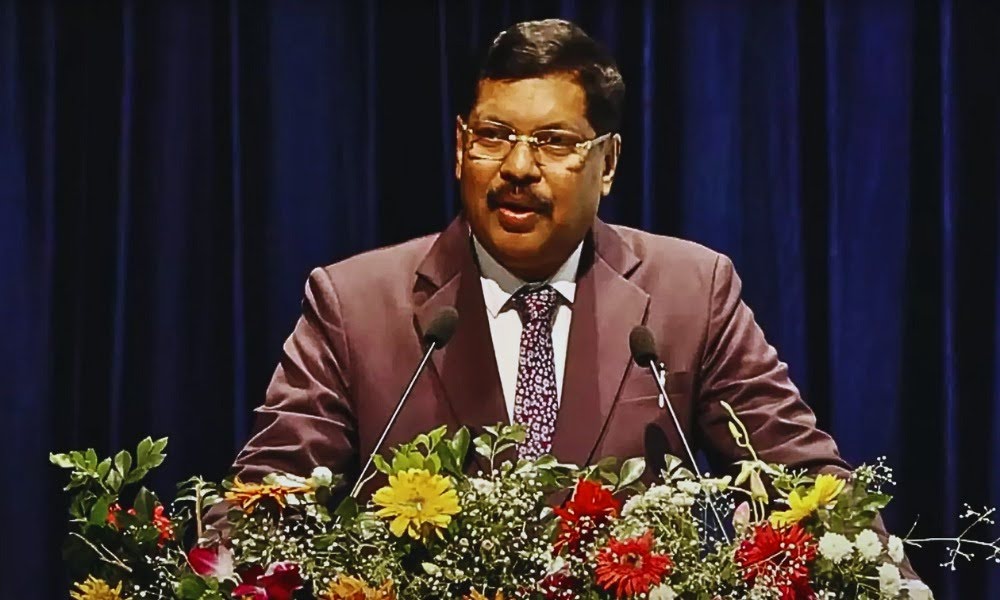Centre Greenlights Caste Census in Regular Enumeration, BJP’s Strategic Move Ahead of Bihar Polls
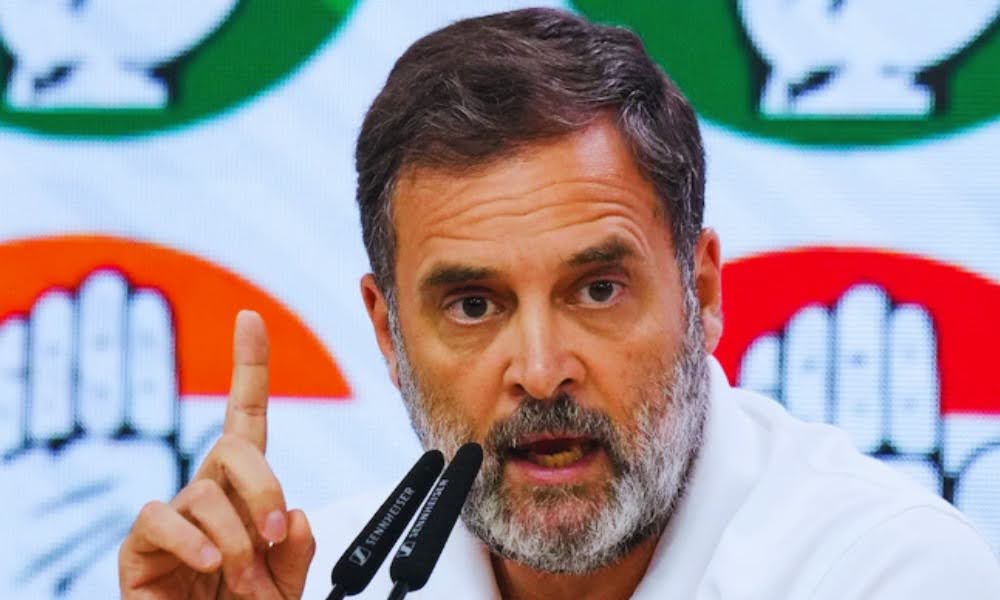
A major policy shift was announced on Wednesday when Union Minister Ashwini Vaishnaw revealed that the Cabinet Committee on Political Affairs has approved caste enumeration in the forthcoming national census.
This move has stirred a political storm, with various parties scrambling to claim credit.
Congress Credits Rahul Gandhi for the Decision
The Congress party was quick to applaud Rahul Gandhi, linking the decision to his long-standing advocacy. Congress leader Jairam Ramesh wrote on X, “Rahul Gandhi Ji said, ‘Start counting.’ Now the Modi government is making arrangements for counting…”
He added that the Congress leader had persistently pushed for a caste census through Parliament debates, rallies, and public speeches.
“This is a victory for millions of people in India… for all those who have been fighting for years for equality, fairness, and representation,” Ramesh stated.
BJP Counters with Historical Context
BJP leader Amit Malviya challenged the Congress’s narrative by pointing out the party’s past resistance to caste-based enumeration.
“Congress governments have consistently opposed caste-based census until now…” Malviya noted, referencing the 2010 assurance by then Prime Minister Manmohan Singh, which only resulted in the SECC survey rather than a proper caste census.
He further accused Congress and its allies of using the issue for political leverage rather than genuine reform.
Kiren Rijiju Questions Congress’s Role
Union Minister Kiren Rijiju joined the debate, questioning Congress’s claim to credit. “I fail to understand why is Congress party taking credit??” he wrote on X, adding, “Congress can only talk nothing else.” He praised Prime Minister Modi for making the timely decision.
Revanth Reddy Welcomes Centre’s Move
Andhra Pradesh Chief Minister Revanth Reddy expressed pride over Telangana’s influence on national policy. “We congratulate the central govt… Thank you, Prime Minister Narendra Modi and the cabinet,” he said.
Historical Context of Caste Enumeration
Caste-based data collection was common in India during British rule, with censuses from 1881 to 1931 including caste details. However, post-Independence censuses discontinued this, except for SCs and STs.
With the Centre’s recent decision, debates have reignited, especially among dominant communities like the Veerashaiva Lingayats and Vokkaligas.
These groups have criticised the older Socio Economic and Educational Survey (SES-2015) as outdated and demanded a fresh survey.
NCBC to Lead the Process
Experts suggest that the National Commission for Backward Classes (NCBC) will likely oversee the national caste census. However, it remains to be seen whether this will be delegated to state-level backward class commissions.
The Siddaramaiah-led Karnataka cabinet is expected to discuss the implications of this decision. A special cabinet meeting scheduled for May 2 has now been postponed indefinitely.
Cabinet Struggles to Reach Consensus
A previous meeting on April 17 to discuss caste data ended without a decision, as ministers were unwilling to accept the submitted report.
According to sources, Chief Minister Siddaramaiah instructed ministers to examine specific data on community status.
The report consists of 41 volumes, with nine focusing on the socio-political status of communities.
A close aide to the CM stated, “More than the population of communities which became a contentious issue, the debate on the status of communities is more important.”
Reservation Demands and Constitutional Provisions
This debate directly ties into demands for increased reservations. The commission has proposed raising the Veerashaiva Lingayat quota from 4% to 8% under 3B and Vokkaligas from 3% to 7% under 3A.
Past commissions such as Havanuru and Venkatswamy have made recommendations to alter reservation benefits for these communities.
Article 15(4) and 16(4) of the Indian Constitution allows states to make provisions for socially and educationally backward classes.
Caste as a Political Identity
Political analyst Professor Sandeep Shastri explained that caste has become a vital identity in Indian politics, even as its traditional hierarchies lose relevance.
“Though of course, there are forms of injustice still continued, but today in politics caste is an important identity… caste leaders would like to emphasise the strength and importance of their group and their strategic relevance,” he observed.
As caste census moves forward nationally, it continues to be both a tool for representation and a flashpoint for political rivalry.



